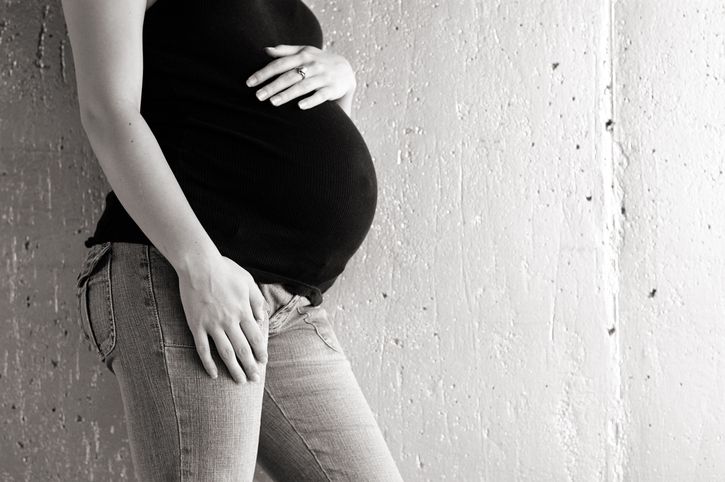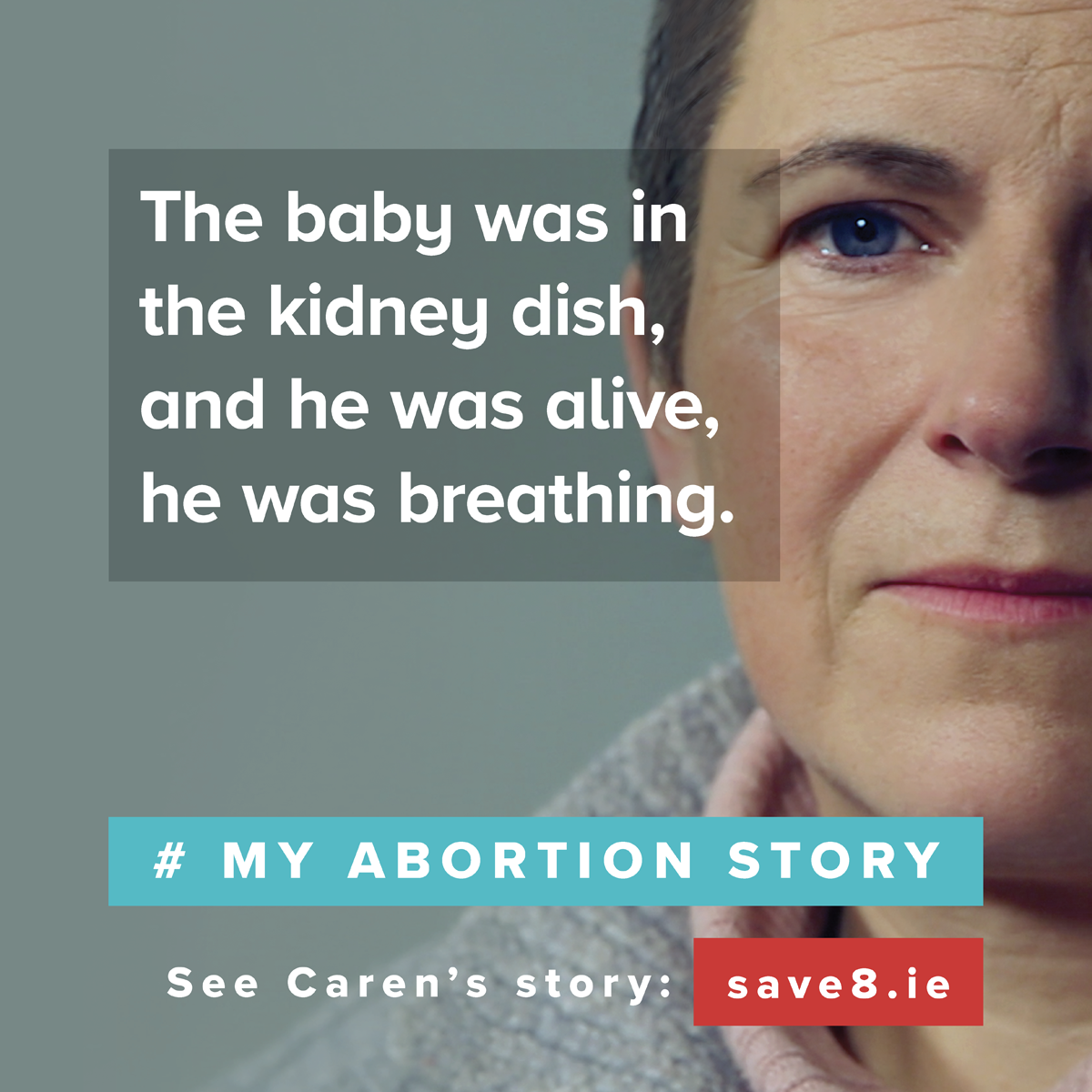
The British parliament has voted to force the UK Government to radically liberalise access to abortion and permit same-sex marriage in Northern Ireland if devolution is not restored by October 21.
The landmark legislation passed through its final stage at Westminster yesterday.
The changes were passed as part of measures aimed at keeping Northern Ireland public services running, two and a half years after devolved powersharing collapsed.
In Northern Ireland, the votes were welcomed by the Alliance party and the SDLP, but rejected by the more pro-life Unionists.
Nigel Dodds, the Democratic Unionist party (DUP) leader in Westminster, warned before the votes that they would drive “a coach and horses through the principle of devolution”.
The votes could also affect efforts to revive the executive and assembly at Stormont. While Naomi Long, the Alliance leader, said they could unlock the talks, others speculated that Sinn Féin, which supports social liberalisation, now has an incentive to delay the restoration of devolution to let the amendments take effect.

Fianna Fáil “would not oppose” the referral of assisted suicide to a Citizens’ Assembly for further discussion, a spokesperson has told the Medical Independent.
“This is a long-standing issue and an informed discussion of the issues surrounding it is of merit.”
They added that it was “vital” any further debate on the issue was respectful and informed and “previous Citizens’ Assemblies have achieved this”.
However, a Fine Gael spokesperson did not provide its position on a recommendation by the Joint Committee on Justice and Equality, which urged the Oireachtas to “consider” referring the issue to the Citizens’ Assembly. The recommendation was made in the Committee’s Report on the Right to Die With Dignity, published in June 2018.
Fine Gael’s spokesperson described “assisted suicide as “a very complex issue”.
They added: “The competing interests of the individual would have to be balanced with the wider public interest in safeguarding persons who are nearing the end of their lives and who might be vulnerable and at risk of abuse. As such, the Minister for Justice and Equality Charlie Flanagan has no plans to review the existing legislation.”

Some doctors are not just conscientiously objecting to abortion – they are actively obstructing the provision of abortion in the hospitals where they work. That’s according to Minister for Health Simon Harris who made the claim in an interview with joe.ie last week.
“In some hospitals, conscientious objection has actually become obstruction whereby people are – in a very small number and I don’t want to overegg this – but in a very small number I do believe there are some doctors in our hospitals who are gone beyond their own conscientious objection to actually trying to obstruct the establishment of a service,” he said.
“And that’s not on, I’m not going to tolerate it, the HSE is not going to tolerate it, and the Government is not going to tolerate it either. So any doctor has the right to opt out, but that’s very different to hearing doctors standing up at rallies saying the service will never be provided in their hospital. Because you know what, its not their hospital, its our hospital and a hospital for the women of Ireland”.
He apparently was referring to a speech given by Consultant Obstetrician at St Luke’s Kilkenny General Hospital, Dr Trevor Hayes, at the recent Rally for Life in Dublin. Dr Hayes said he and other prolife doctors would not be bullied or forced into performing or facilitating abortions. He also asked if politicians who are attacking pro-life doctors would be willing to perform an abortion themselves.
Mr Harris continued by outlining a way he could circumvent the opposition of frontline obstetricians.
“I do obviously have the powers to direct the HSE to provide services as well. And that’s certainly an option that I’m going to keep available that if we can’t have services provided through the natural way of asking people to provide them in certain parts of the country that we can actually put in a direct HSE staff resource into that part of the country”.
“So I would rather not do that, I would rather continue to win the argument that our healthcare professionals would respect the will of the Irish people through their vote, but that is certainly an option”.

The vast majority of Irish people would support the introduction of mandatory online registration to stop under-18s from accessing internet pornography.
A Behaviour & Attitudes (B&A) poll for The Sunday Times found 85% were in favour of a system whereby anybody wishing to view pornography on the internet would have to verify they were an adult by using a recognised form of identification, such as a credit card, passport or driving licence.
Only 5% opposed such a registration scheme. The undecided and those with no opinion accounted for 10%.
Britain has legislated for an age verification system, also known as an age gate, with the passage of the Online Pornography (Commercial Basis) Regulations 2019, but it has not yet come into force because of technical hitches and data protection concerns.
There have been calls in Ireland for a similar law after evidence was given at the trial for the murder of Ana Kriegel that Gardai found thousands of images of pornography on the phone of one of the convicted boys, some of which depicted sexual violence. There had also been internet searches for “child porn” and “animal porn” on the phone.

MPs have again overwhelmingly backed radical changes to Northern Ireland’s abortion law which would move it from being the most restrictive law in the UK to being the most liberal, allowing unrestricted abortion up to 28 weeks. Many MPs did not vote at all. It can only be stopped if the Northern Ireland Assembly reconvenes by October 21.
The moves have been severely criticised by the Catholic Bishops of Northern Ireland.
Last week an amendment to the Northern Ireland (Executive Formation) Bill by Labour MP Stella Creasy received majority support from MPs and passed the Commons before going to the Lords where on Wednesday night peers amended the proposal in several areas.
On Thursday that returned to the Commons where MPs again expressed clear support – by 328 votes to 65 – for fundamental changes to Northern Ireland’s criminal law which would stop any form of abortion being treated as a criminal offence.
However, there was again criticism of the rushed way in which the change is being made due to the fact that it has come about through an amendment to a technical bill about delaying elections in Northern Ireland which is being fast-tracked through the Commons under emergency procedures.
Because the Commons also passed its own amendment today – relating to Brexit – the bill will now return to the House of Lords for that to be considered before coming back to the Commons, probably at the start of next week.
Unlike the House of Lords, which spent the best part of two days debating the changes with vigorous opposition from Baroness Nuala O’Loan, and Lords Robin Eames and David Trimble, the Commons yesterday spent little time discussing abortion.
Due to the government rushing the bill through the Commons, MPs were yesterday given only one hour to discuss the entire bill – which encompasses everything from the Stormont talks to legalising same-sex marriage, moves towards reform of the libel law and a pension for Troubles victims.
Tory MP Fiona Bruce, an opponent of the changes, said that the amendments meant that Northern Ireland would have “the most permissive abortion law in the whole of the British Isles”.
Pro-choice MP Diana Johnson agreed with that characterisation of the new law for Northern Ireland but said that should now be extended to the rest of the UK.

The Catholic Church has written to Scotland’s First Minister Nicola Sturgeon seeking reassurances that freedom of conscience will be protected within the Scottish National Party (SNP).
The letter comes after Dr Lisa Cameron, the SNP MP for East Kilbride, Strathaven and Lesmahagow, endured days of abuse after she voted against an amendment at Westminster to introduce abortion to Northern Ireland.
Dr Cameron said that since the vote, local party members, including those involved in the process of selecting candidates, had called for her to be sacked as an MP and barred from standing in future.
Yesterday (18/7), Bishop Hugh Gilbert, president of the Bishops Conference, wrote that Dr Cameron ‘has been subject to a significant degree of hostility from many quarters, including ordinary members and officer bearers of the Scottish National Party.’
Referring to the lack of support for Dr Cameron from the SNP and her comments about pro-life views seemingly being ‘incompatible with being an SNP candidate,’ he wrote: “I therefore am writing to you as leader of the Scottish National Party to seek such a public re-assurance.
“I believe I write on behalf of all who cherish freedom of conscience within the public square and hold in high regard those in public life who remain true to their conscience, even at the expense of personal popularity or political advantage.”

People with Down Syndrome, including their families, have signed an open letter to Theresa May opposing plans to impose a radical abortion regime to Northern Ireland, including for babies genetic abnormalities, right through to 28-weeks gestation.
Currently, in Northern Ireland, disability-selective abortion for genetic abnormalities like Down Syndrome is not allowed. Figures from the Department of Health in the North show that while 52 children with the condition were born in 2016, in the same year only one child from Northern Ireland with Down’s syndrome was aborted in England and Wales.
In the rest of the UK, however, the latest statistics show that 90% of unborn babies diagnosed with Down Syndrome are aborted.
Lord Shinkwin, an advocate for disability equality, has strongly denounced the UK Government’s plans. “Northern Ireland is the safest place in the United Kingdom to be diagnosed with a disability”, he said and added that he message it sends to people who are born with a disability is “you are better off dead”.

The Government’s plans to make abortion widely available has been prevented in at least three maternity hospitals or units because of conscientious objections.
According to a report in TheJournal.ie, five hospitals haven’t been able to implement abortion ‘services’ for what they termed “operational issues”, and four hospitals have had complications in relation to conscientious objection and recruitment.
The Department of Health said that individual staff shall not be obliged to carry out, or to participate in an abortion, but conscientious objection “does not extend to institutions”.
Among the hospitals or units where conscientious objections have hindered the rollout of early-pregnancy abortion services are Letterkenny University Hospital, Sligo University Hospital and Wexford General Hospital.
Various “operational challenges” are preventing the introduction of abortion in South Tipperary General Hospital, the Midlands Regional Hospital Portlaoise, University Hospital Kerry, Portiuncula University Hospital and St Luke’s General Hospital in Kilkenny.

The famous Reformation Wall in Geneva, Switzerland has been vandalised. Tourists walking through the Parc des Bastions on July 15th discovered the damage.
The monument is one of the main tourist attractions of the city in which Jean Calvin, one of the key French Protestant Reformers, developed his work after 1536. The wall, inaugurated in 1909, also honours the influence of three other famous figures of the reform: Guillaume Farel, Théodore de Bèze and John Knox.
The paint was thrown on the monument in various colours.
Police said no-one had claimed the attack. According to local website LemanBleu, the city council of Geneva will file a criminal complaint. Staff working in the park said the monument would be cleaned as soon as possible.
There have been a number of acts of vandalism against the Protestant monument in the past. According to newspaper Le Matin, in March, feminist activists wrote graffiti on the wall reading, “Where are the women?”

The number of women seeking post-abortion counselling at a sexual health clinic in Cork more than doubled last year compared with 2017, according to its annual report.
The Sexual Health Centre provided 157 sessions of post-termination counselling last year, compared with 77 in the previous year.
Some of those coming for counselling had abortions up to 20 years ago, said director of services Catherine Kennedy.
“For us there were a number of things happening last year where people really opened up a lot more about crisis pregnancies, terminations, sexual health and their concerns about all these, and to talk about them. There was obviously a lot of coverage around abortion with the referendum, people were telling their stories and talking about difficult decisions and their impact on them.
“Women and couples weren’t coming only about recent terminations, but also about terminations five, 10, 15 or 20 years ago. There was a lot of coverage of fatal foetal abnormalities. It can be a very difficult decision to have a termination in those circumstances and people came for counselling about that.”
Last Year, TDs Lisa Chambers, FF, and Kate O’Connell, FG, were both criticised for saying that abortion was a “makey-uppy” thing.